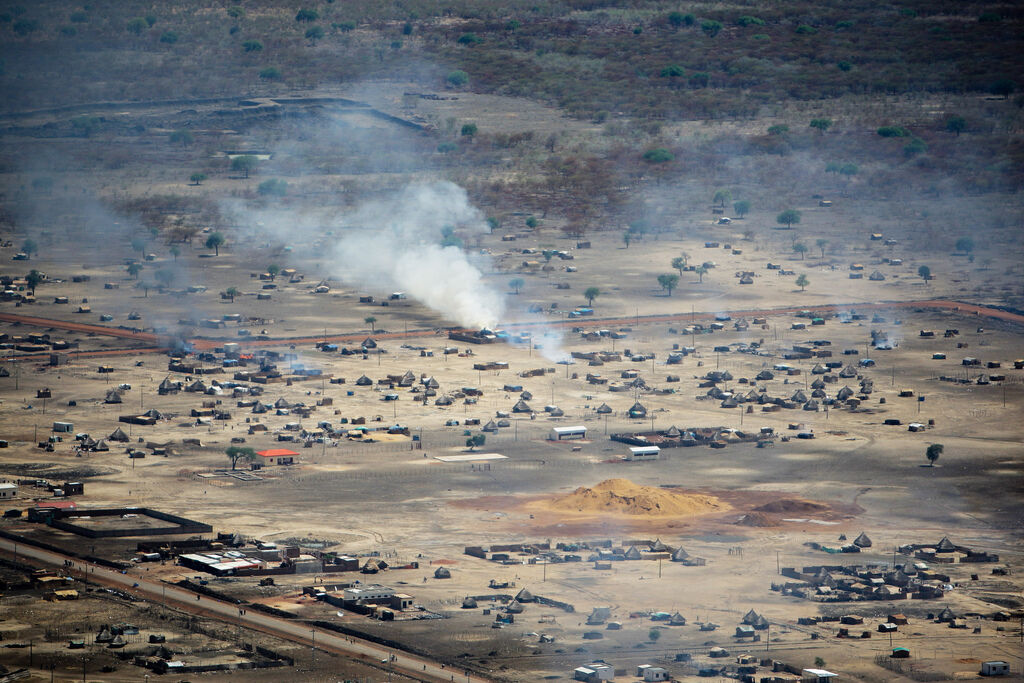- Austausch & Vernetzung
- Wissen & Lernen
- Advocacy
- Unsere Themen
Von Verena Wieland
The 2030 Agenda for Sustainable Development is a relevant reference for the Swiss Red Cross in its domestic activities as well as in the international cooperation.

The Swiss Red Cross (SRC) Strategy for international cooperation (IC) defines two spheres of activity that are interlinked and crucial to development and poverty reduction: health and disasters. The SRC programme 2017–2020 for IC has been drawn up at a time of increasing risks from climate change, fragile contexts, protracted armed conflicts, weak health systems, outbreaks of infectious diseases, and the rise of non-communicable diseases. Community and global patterns of vulnerability are also changing, in part as a result of economic and social inequality, displacement, ageing populations, and rapid urbanization. These situations call for flexible and adaptable programming and approaches. Recently adopted international frameworks, namely the Agenda 2030 for Sustainable Development and the Sendai Framework for Disaster Risk Reduction, lay a common foundation for aligning international cooperation and present opportunities to foster new partnership models.
The three most important Sustainable Development Goals (SDG) the IC programme 2017–2020 is contributing to are the following: SDG 3, Ensure healthy lives and promote well-being for all at all ages; SDG 6, Ensure availability and sustainable management of water and sanitation for all; and SDG 13, Take urgent action to combat climate change and its impacts. In terms of the SRC’s work, those three SDGs are closely linked to SDG 5, Achieve gender equality and empower all women and girls, and to various targets of the other SDGs (eradicate extreme poverty, build resilience, ensure access to basic services, end malnutrition, promote inclusive societies, and capacity building). With its community-based approach and a focus on particularly vulnerable and deprived people and communities the SRC pays attention to leaving no-one behind. The SRC IC has integrated the SDG targets in its outcome monitoring.

The domestic department with its focus on health, migration and youth is promoting capacity building, inclusion and health of vulnerable groups such as ‘sans-papiers’, migrants and elderly people, and youth groups contributing to the SDGs 3 and 5, as well as to SDG 4 “promote lifelong learning opportunities for all”, and SDG 10 “reduce inequality within and among countries”.
Considering the SDGs being a global agenda to be implemented also by Switzerland, the SRC is actively involved in the dialogue with the respective federal offices on the Swiss Agenda 2030 and advocates for the alignment of the national policy for domestic areas and international cooperation to the 2030 Agenda. To this end it is also a member of the newly formed Platform Agenda 2030 of Swiss Civil Society and it supports Medicus Mundi Switzerland in its advocacy for Health for all.
Last but not least, SRC formed an internal working group with the aim of defining in-house measures that contribute to the achievement of the SDGs, and of sensitizing its staff for the Agenda 2030.